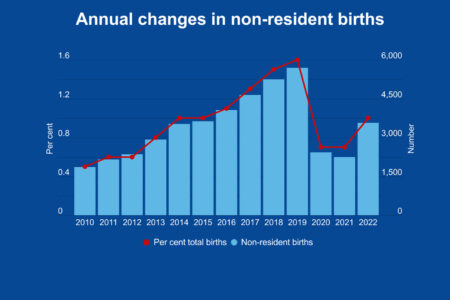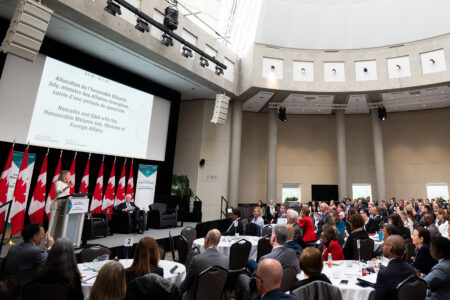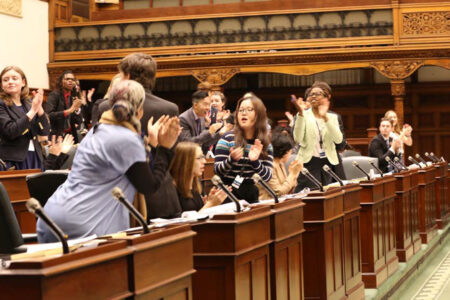
The Conservative Government made “citizenship harder to get and easier to lose.” Residency, knowledge and language were all tightened (with reduced administrative discretion to waive language requirements and an exhaustive residency questionnaire introduced), fees more than quintupled, credit for pre-Permanent Resident time was ended, and citizenship revocation was made easier.
Some of these changes were overdue and needed. Any new government should maintain the tougher residency requirements (particularly the requirement to be physically present). Similarly, administrative measures to ensure integrity (rotating test questions, more consistent language assessment, filing Canadian tax returns) or improving efficiency (abandoning incomplete applications, simplified one-stop decision-making model) are sound and enhance the meaningfulness of Canadian citizenship.
However, a new government would likely seek to overturn other changes, based upon testimony during the 2014 Citizenship Act hearings and campaign commitments.
An early symbolic signal would be to reduce the $530 fee back to $300 (the $100 fee of almost 20 years ago being unrealistic), with consideration for hardship cases (e.g., refugees). A second change would be to abandon any current revocation cases for dual nationals before the courts, and announce the government’s intent not to launch any further cases.
The writing of a new citizenship guide that offers a more balanced interpretation of Canadian history, society and government could be achieved administratively. Ideally, this would build upon some of the strong points of Discover Canada (e.g., emphasis on history, role of the Crown and democratic institutions, military, rights and responsibilities, Quebec context), balanced with greater emphasis on social history, rights of women, Charter equality rights, arts and culture, and a reduced Monarchist flavour, along with more inclusive language. This should be accompanied by revising material handed out during citizenship ceremonies, including the Charter of Rights and Freedoms.
However, other changes could only be achieved through legislation. These include abolishing the “intent to reside” provision (requiring applicants to declare that they will continue to reside in Canada) given possible ambiguities in interpretation, restoring pre-Permanent Resident time credit towards citizenship residency requirements for some groups (e.g., international students), abolish testing 14-17 year-olds for knowledge and language given they would have been in the school system, restoring the Governor-in-Council role for revocation in cases of fraud or misrepresentation rather than only the Minister (or at least provide for oral hearings), and removing the revocation provision for dual nationals convicted of terror or treason, given that it creates two classes of citizenship and is likely unconstitutional.
In addition, any incoming government (and the public servants advising them) need to reflect on the government machinery and organizational weaknesses of Citizenship and Immigration Canada. While CIC is organized to deliver stable levels of new immigrants (about 250,000 annually), the citizenship program has been subject to recurring backlogs (over 300,000 in 2013), delays and uneven delivery (the number of new citizens has fluctuated between 113,000 and 263,000). While some reflects political direction, some is intrinsic to citizenship being a secondary priority, with less resources and management attention.
An external review of CIC’s management structure (shift from a functional to business-line model?) and governance needs to be done to ensure stronger management and oversight of citizenship.
Service standards of one-year for citizenship acquisition with regular public reporting are needed.
Apart from the question of whether an incoming government will appoint a strong minister (history suggests that Minister Kenney was an exception), there is also the question of whether citizenship will be a priority in relation to immigration and refugee policy.
Whatever changes a new government chooses to pursue, comprehensive public consultations and a willingness to entertain opposition suggestions (and in the case of legislation, amendments) should be an essential part of building consensus and ongoing support for whatever approach an incoming government pursues.
Previous governments made citizenship too easy to get and too hard to lose. The Conservative government redressed that imbalance. Hopefully, a new government will be able to achieve a new balance, maintaining the increased integrity bequeathed to them, but making needed adjustments to reinforce a more inclusive and welcoming approach to citizenship.









